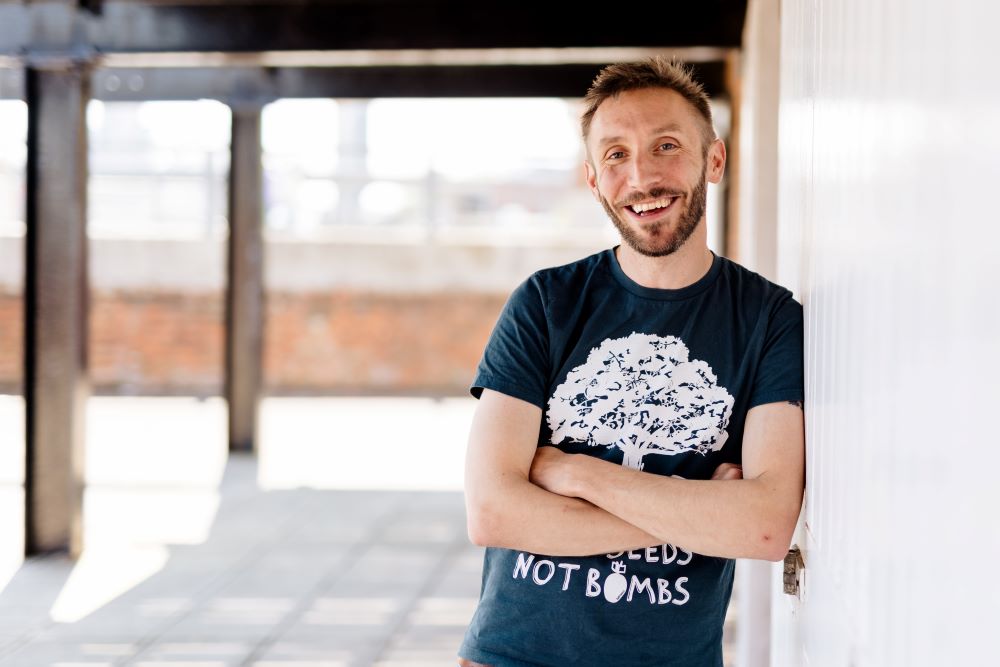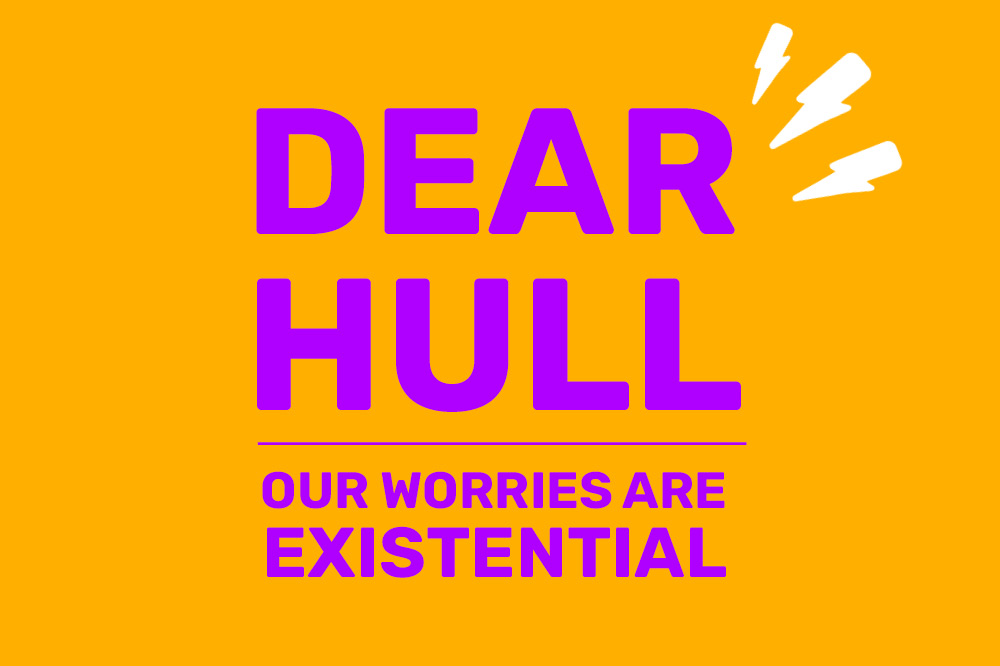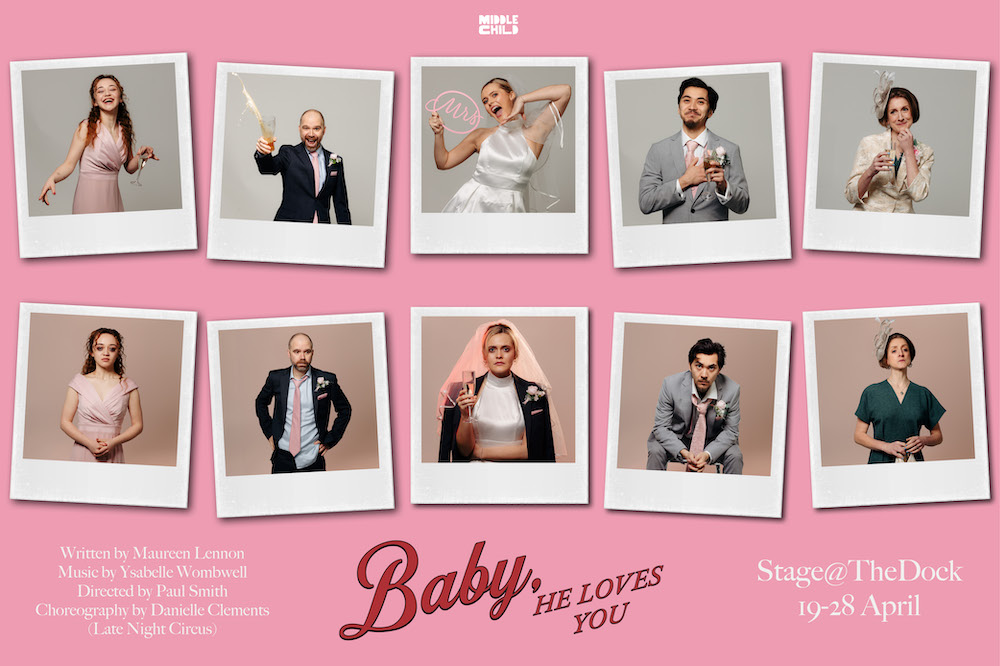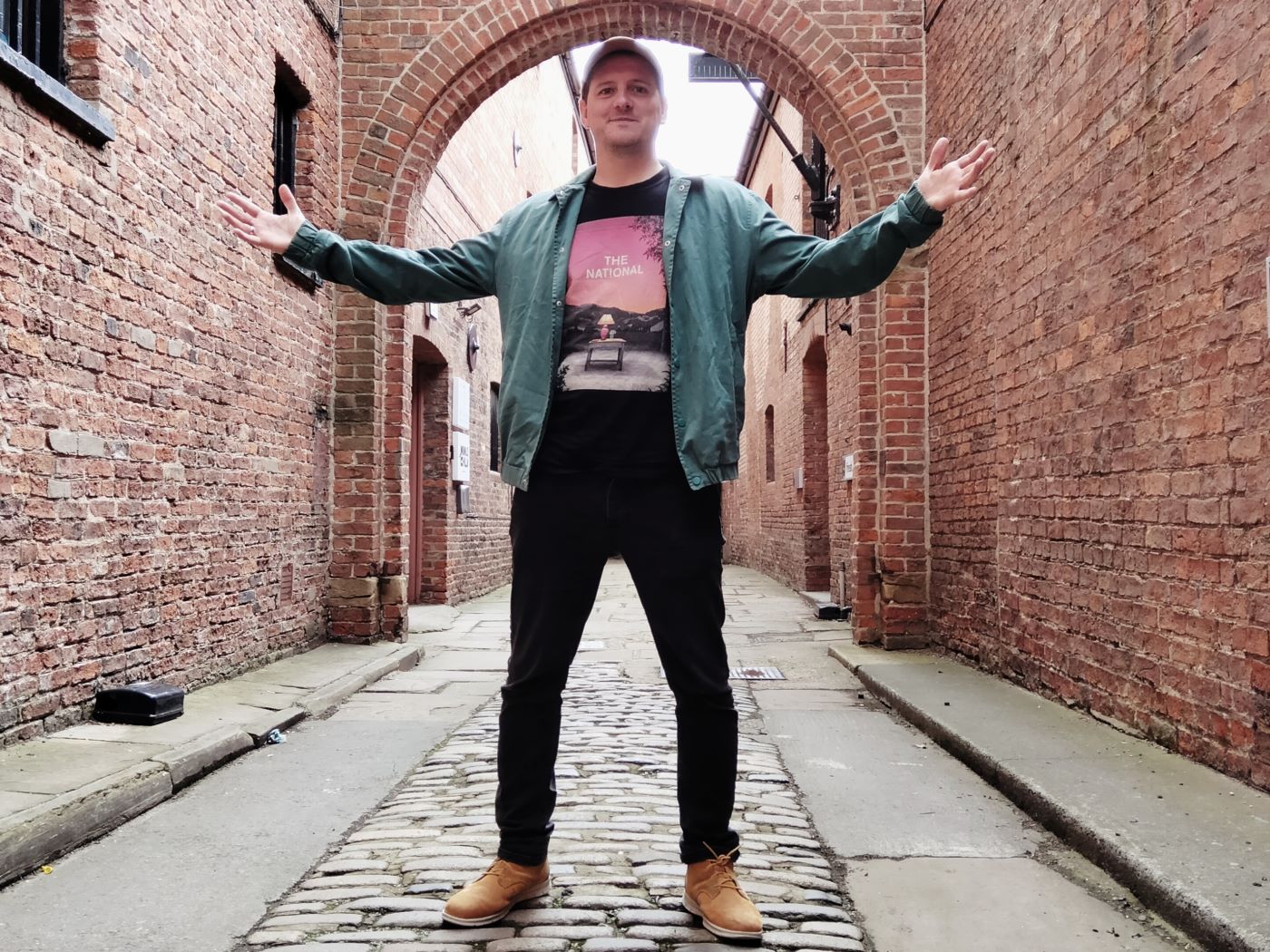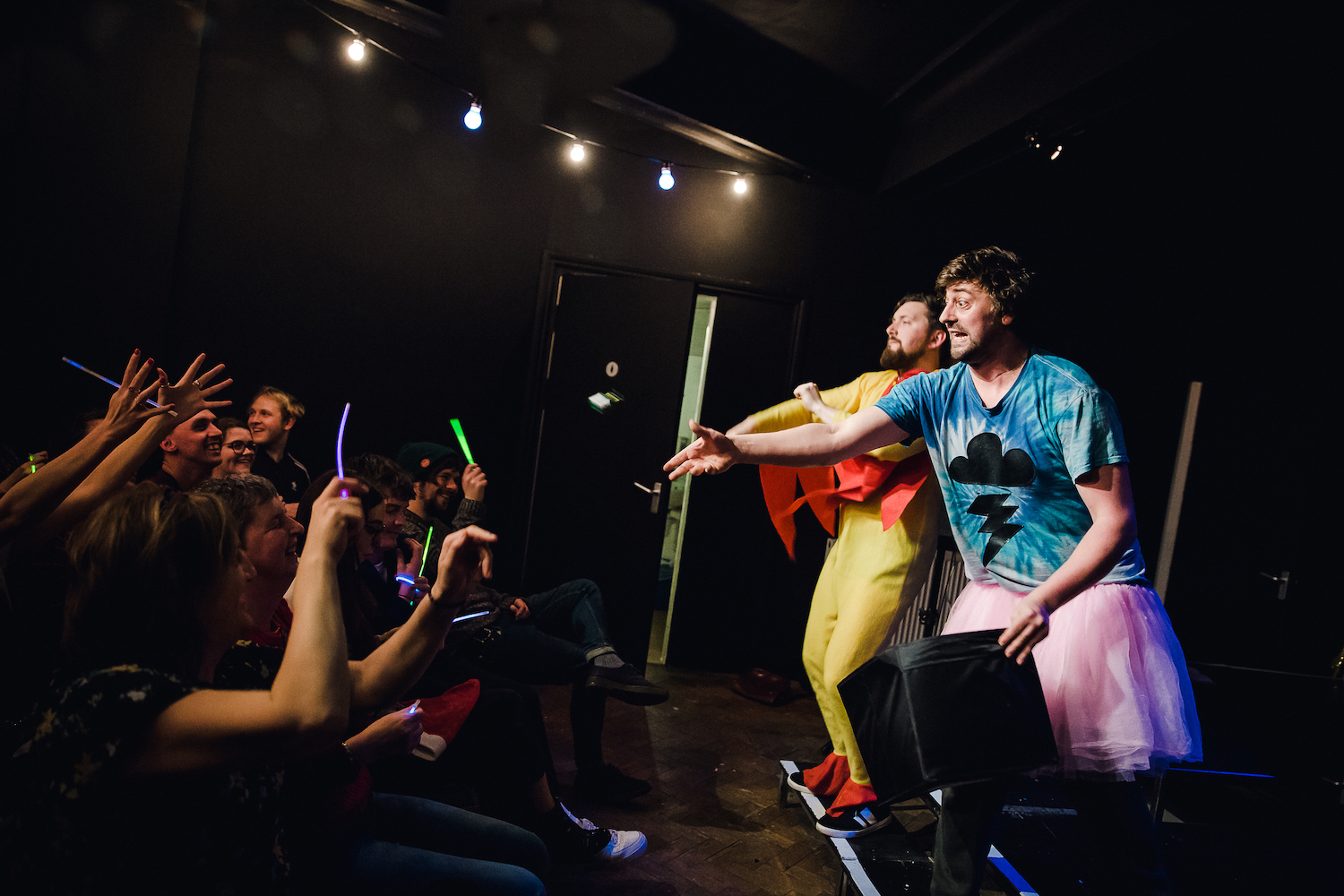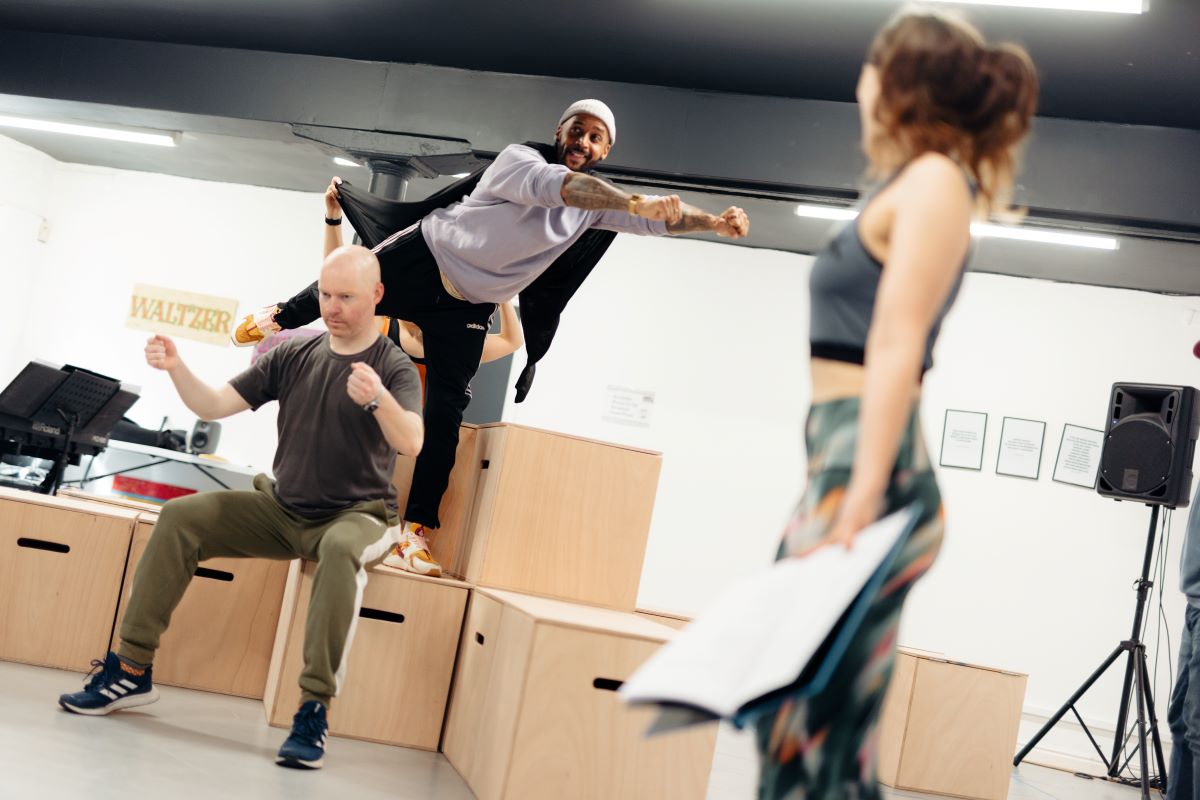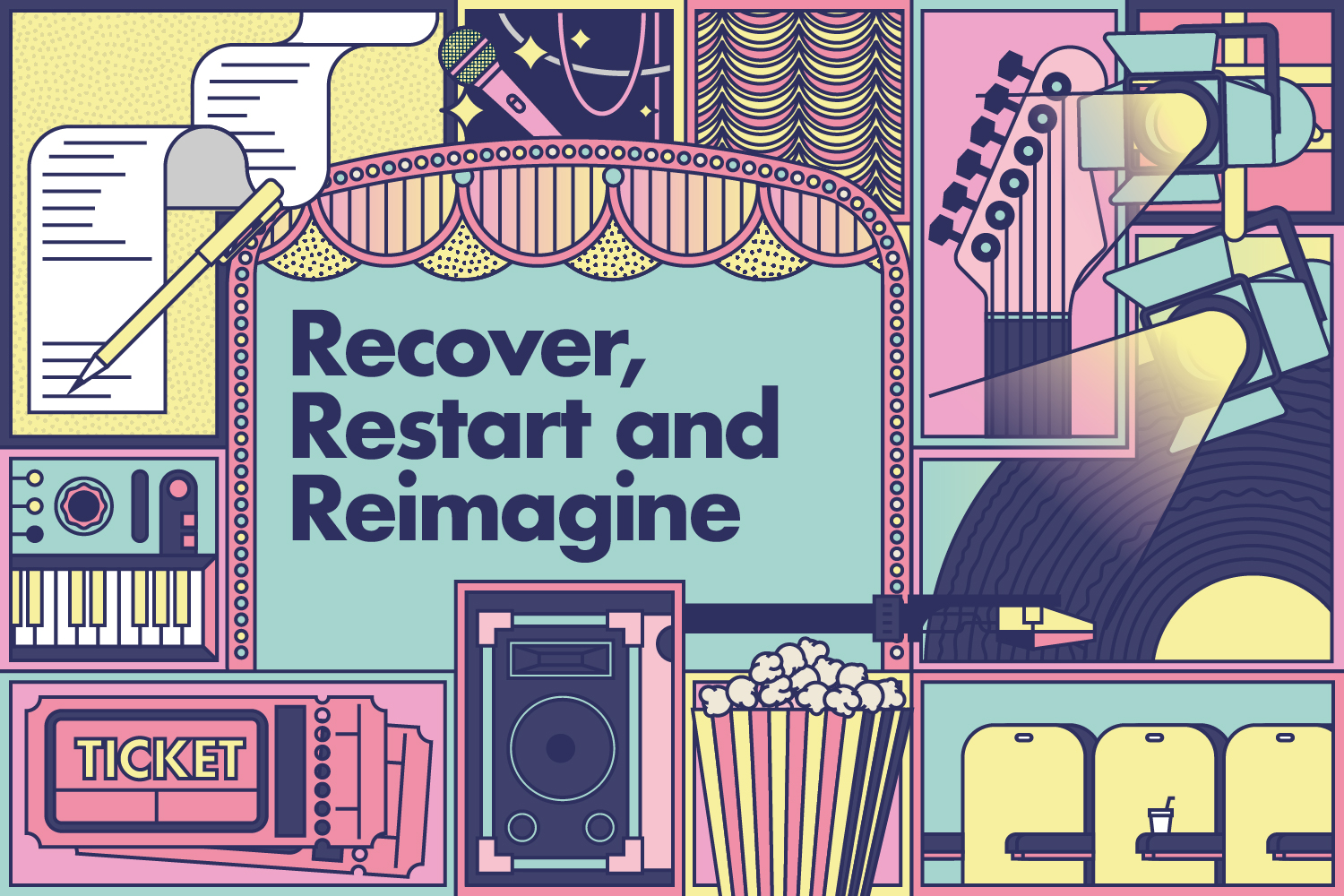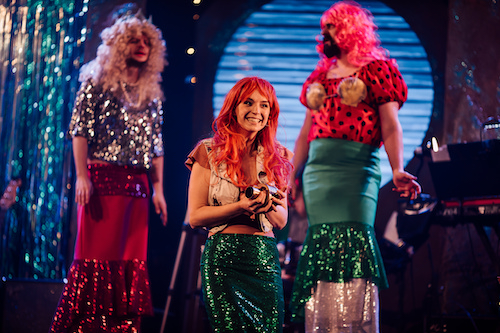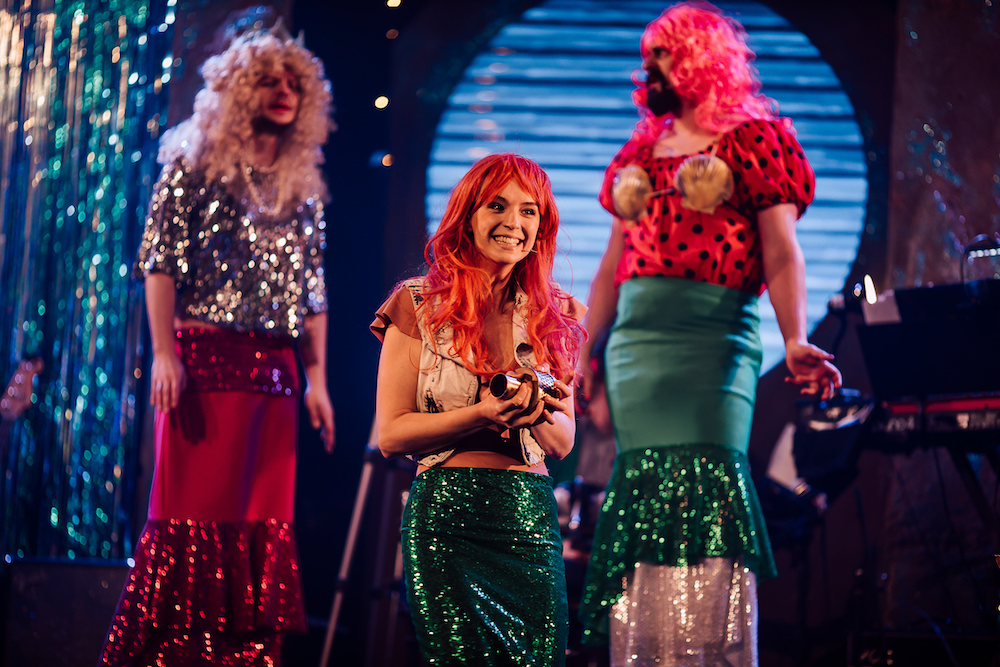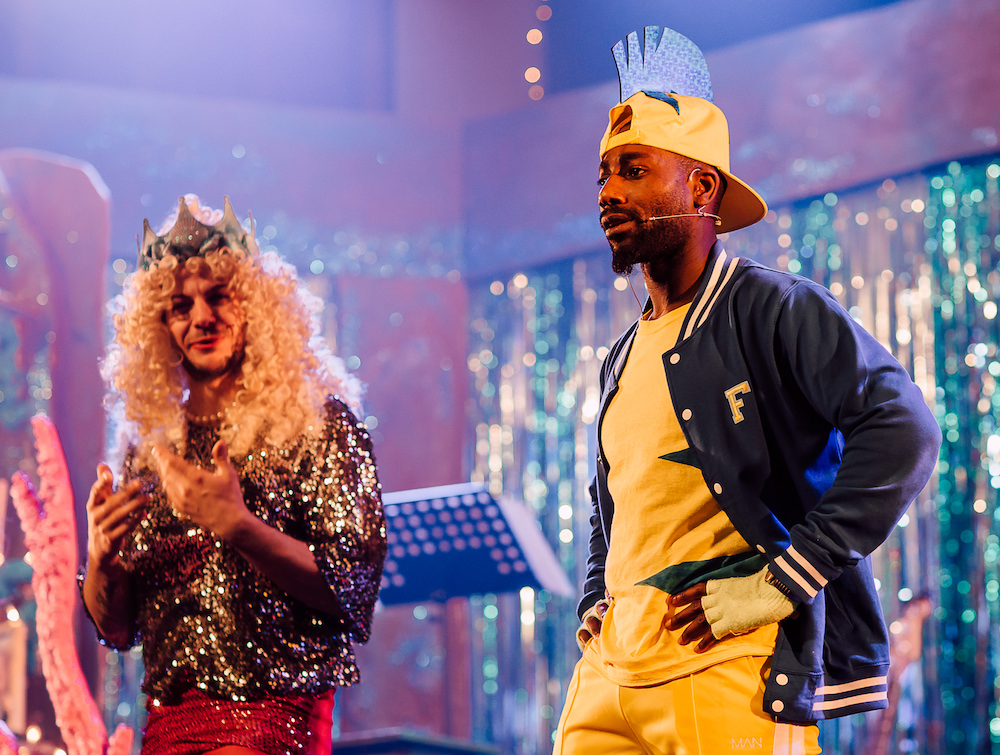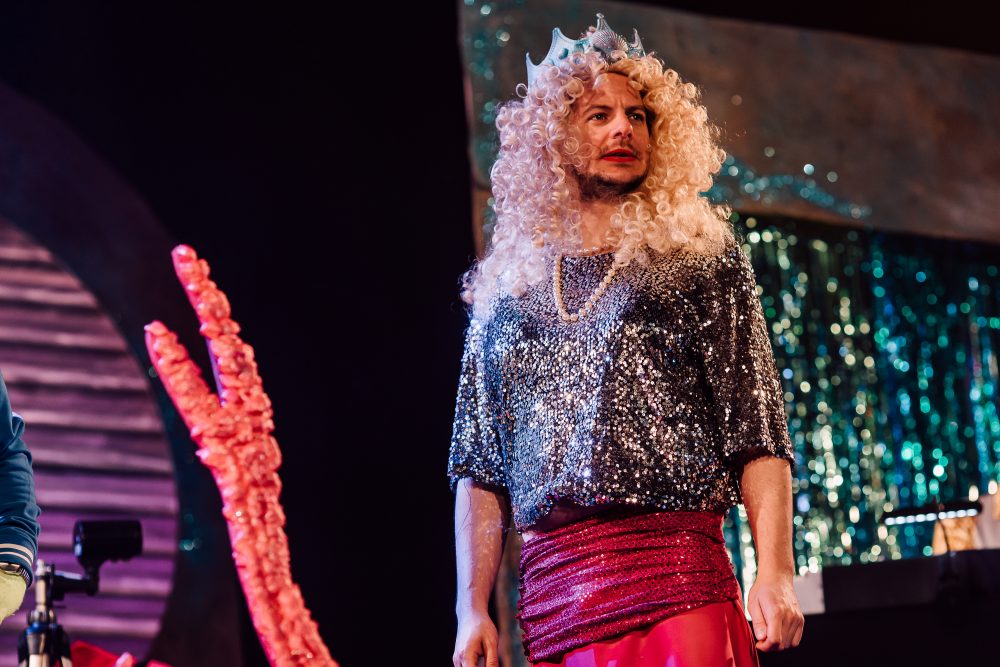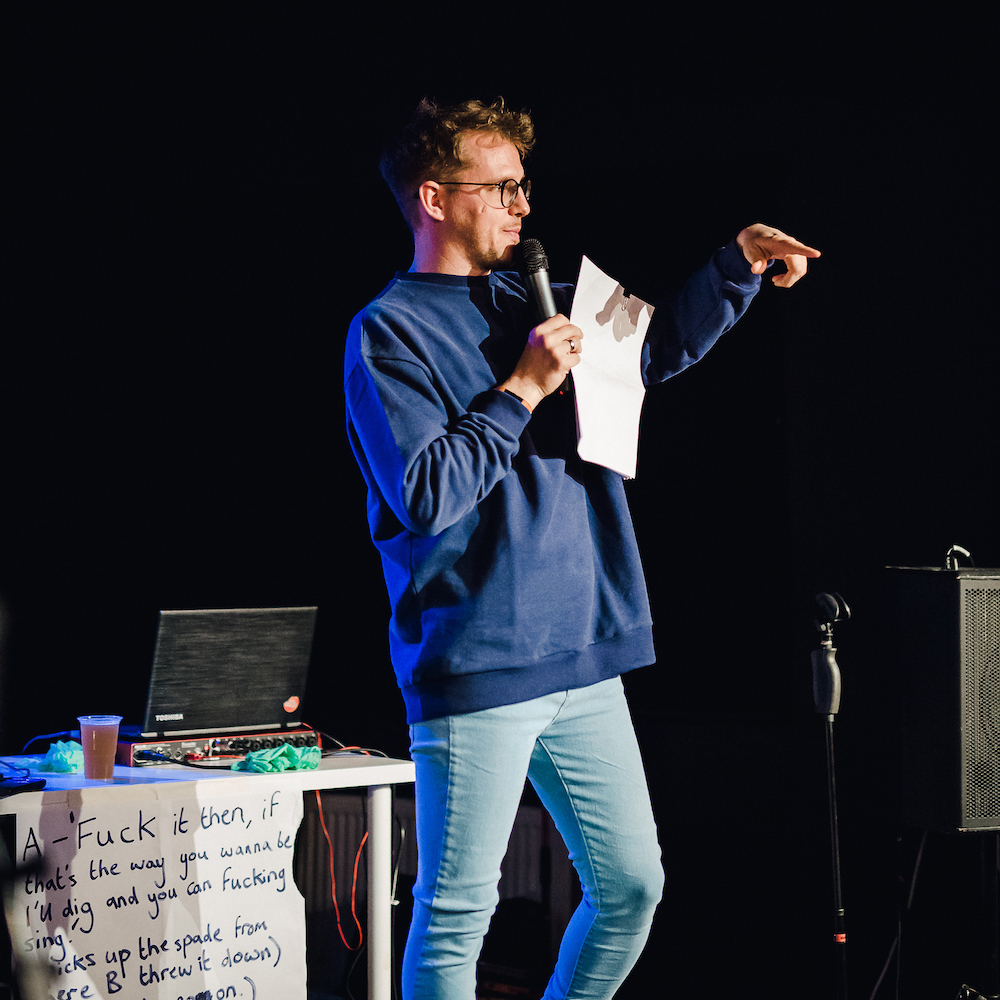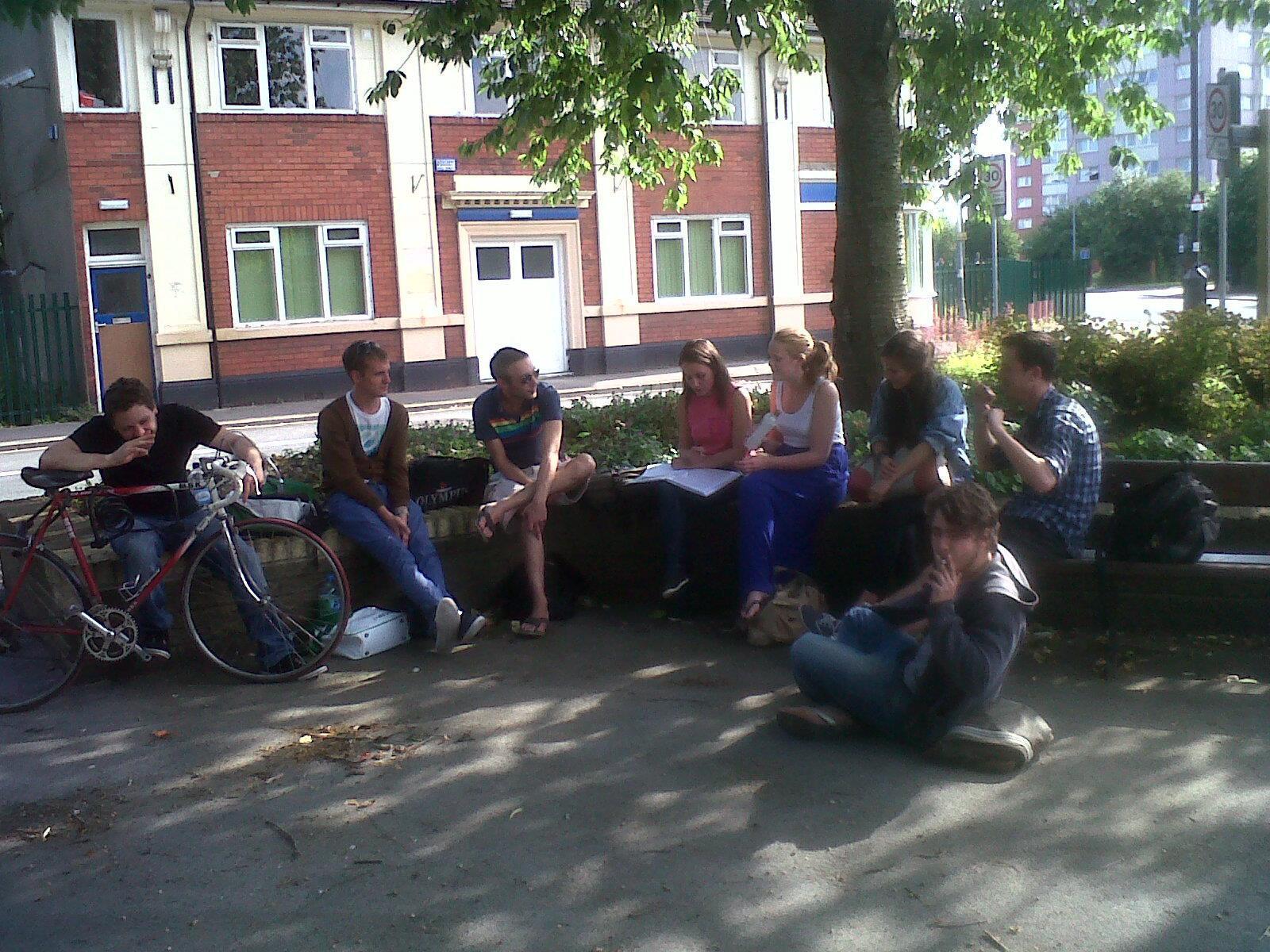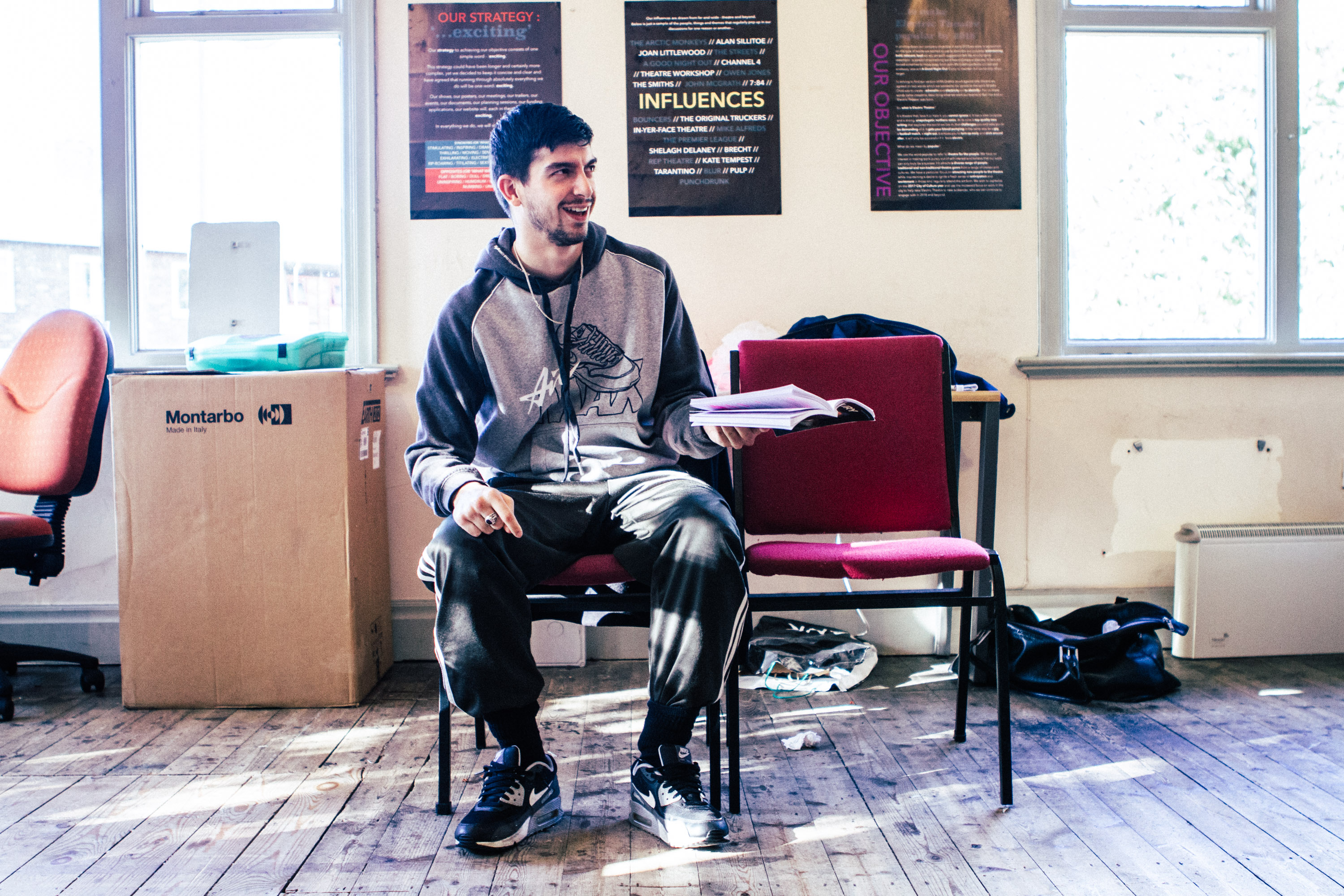As part of our adjustment to the start of the pandemic Middle Child made the decision to pilot four-day working, based on a recommendation from outgoing executive director Lindsey Alvis.
This was an attempt to address work-life balance at a challenging time, exploring a different way of living and working when everything was up-for-grabs and everyone seemed to be talking about how our industry had to take the opportunity for change.
It was also a time where the number of parents and carers in the Middle Child team and our wider network was predictably growing in line with our arrival at our mid-thirties.
The four-day working week is a growing trend in the UK and for good reason. Studies have shown that a shorter working week can lead to increased productivity, better employee wellbeing and lower rates of absenteeism.
I must admit, I was sceptical. Could we really make such a huge change? Would we get less work done? Would people think we were slacking, or taking our foot off the pedal? How could I possibly lose a whole day from already tight rehearsal schedules?! And anyway, these 9-5 Monday to Friday structures exist for a reason, right?
On the other hand, isn’t the reason you set-up your own company to be able to do things differently? Be the change you want to see in the world and all that. At Middle Child we’ve always prided ourselves on being a forward-thinking company that finds a way to translate our values into action.
We believe in the power of art to create positive change in the world, but also recognise that change can also start with rethinking how we operate as a company, including our approach to work and our employees.
A successful pilot
And so our pilot began. We would compress our hours and introduce four-day working across the team, with most of us saying goodbye to Mondays, but with freedom for people to choose their own hours across the team in-line with our flexible working policy, developed with the support of our pals at PiPA.
I quickly found that my initial misgivings were unfounded. Four-day working was a revelation, both personally and professionally.
I have always worked hard, sitting somewhere between “I love what I do, so it never feels like work” and a genuine obsession with all things Middle Child. I find switching off difficult and spend the majority of my waking hours plotting, planning and problem-solving.
In recent years I developed an anxiety condition which manifested in both intense panic attacks and a general state of constant lower-level panic, forever bubbling underneath.
While I believe this will always be a part of me in some form, my ability to manage it has increased massively since trialling four-day working. Not just that but I now feel able to find more time across every area of my life – from seeing friends and family to tidying the house, walking the dog and, yes, work.
Because my biggest revelation amongst all of this is that working ‘less’ allows me to work more. When I return to work on a Tuesday after a three-day weekend, I feel more rested, better nourished from time to cook properly and buoyed by my tidy house and time well-spent with loved ones.
Suddenly, travelling the four and a bit hours to visit my much-missed family now feels endlessly more achievable without sacrificing any chance of rest and frantically rushing back to be in the office for a 9am Monday start.
All of this adds-up to allow me to give the Tuesday to Friday working week my everything, with sharper focus, more energy and less guilt at all the things I didn’t previously have time to do.
My fear about getting less work done has been proven false.
I can confidently say that I am getting through as much as I ever have, and in my mind to a higher standard than before due to my extra energy and focus. The feedback from actors, creatives and production teams has been hugely positive too, with actors no longer having to spend every waking hour before and after rehearsals looking at lines or squeezing-in life admin.
Those working away from home for long periods now have the opportunity to make meaningful returns to rest and recharge.
People now don’t have to leave the office anywhere near as regularly for trips to doctors, dentists or doggy day care.
Those with caring commitments are saving money on one day less of nursery and have more time to spend with young families.
The company saves money on energy and working four days is much more beneficial environmentally.
The flip side
Of course, as with everything there are two sides to this. Sometimes I still wake up on a Monday catch up on some e-mails, join a meeting or read a play, though I should say there is no expectation for others to do so and it remains a personal choice.
I sometimes still find my mind wandering to the stresses of work on a quiet Sunday afternoon, and of course at times the Middle Child office still has as much stress, panic, fear and exhaustion in the air as most arts offices. But there is a big difference too and, let’s be realistic, it’s going to take a lot more than losing one day a week to fix everything.
We have also yet to crack the issue of long hours often associated with tech days, though hope to think about this more deeply in the near future, while acknowledging the requirements for getting a show off the ground.
Following a successful piloting of this change we have decided to stick to it permanently, and introduce actual four-day working hours across the organisation – reduced hours with no loss of pay.
Everyone in the team has found different benefits and different ways of making this work for them. It’s by no means perfect yet, and we’re constantly striving to make further improvements and adjustments that help to make Middle Child the best it can be while better supporting the people who make it happen.
We know first-hand that the theatre industry can be a demanding and often unsustainable workplace, particularly for those working in production and technical roles.
By moving to a four-day week, we hope to create a more sustainable and equitable workplace for everyone we work with. We want to create a workplace where everyone can thrive, both creatively and personally – and we want to retain people who may otherwise be lost to our industry.
We’d love others to give this way of working a try in their organisation too and, if useful, are always happy to have a chat about our experiences.
Top tips for trying a four-day week
Below are a few top tips from our experience over the past few years:
-
- Some people will treat the idea with complete conviction it simply cannot work and that Monday to Friday, 9am to 5pm is the minimum requirement for success. Of course, it may not work for you, but there is no harm in trying it out – and at the very least let’s acknowledge that we can all be more creative in finding working patterns that support a more positive work/life balance and help us do all the things that come with being human.
-
- Others will think it is a way of working less or avoiding hard work. This requires confidence, belief and trust in yourselves and those you work with. I’m still yet to meet many (any?) artists or arts organisations who avoid hard work. I’ve found that a four-day week has no relationship to how hard people work, only a change to when people work hard.
-
- Find a way that suits you and your organisation. There is no one-size fits all method. Speak to people, offer flexibility, trial different options. For example, we moved from compressed hours in our pilot to genuine four day working. We have also now developed a more flexible model where we shift to working longer hours, 9am-6pm, in rehearsal periods to deal with the additional pressures that come with making shows.
-
- One of my initial fears was that I would miss vital meetings that happened on Mondays. Again, I’ve found this not to be the case – you just need to develop confidence in saying ‘I don’t work Mondays’ and there is always an alternative.
-
- Don’t be ashamed. At first, I felt the pressures of capitalism and would constantly excuse or work extra hard to justify why it’s okay that I don’t work on Mondays. Now, I am proud of our new way of working and have developed the confidence to talk passionately and honestly about its benefits. I’ve now started to find that the majority of people are really intrigued about how it works and begin listing their imagined benefits. Become an advocate, share your successes and failures with others.
In other people’s words
To widen the perspective on four-day working, see below for a few short quotes from different people we work with about the impact it has had on them.
Lindsey Alvis, executive director:
“Whilst I have always worked four days a week for Middle Child, extending this to the core team and adopting it on productions seemed like a big ask. It is hard to put your head above the parapet and ask for big changes and it’s important to recognise that it takes a lot of emotional labour to drive change, particularly when the outcome will have an impact on you. The biggest shift at Middle Child has been creating a culture of caring, where we can talk about wellbeing, what it’s like being a parent and what we need to do our best in the job, at board meetings, at our desks and in the rehearsal room. I hope that doing this authentically from my own point of view has paved the way for others to say what they need and will serve the company by retaining staff and attracting and better supporting freelancers.”
Jamie Potter, audience development manager:
“The shift to a four-day week has instantly made me feel lighter, more relaxed and less guilty about spending my Sundays climbing, knowing I have all of Monday to catch-up on other life stuff. It’s actually a new change for me, as I initially worked throughout the week when we trialled compressed hours, but I finished at 5pm and had Wednesday afternoons off, instead of a full Monday. That later 6pm finish never worked for me and the caring commitments I had at home, but the four-day week of reduced hours is such a breath of fresh air. It especially feels welcome given that we, as a country, still haven’t taken stock or acknowledged the trauma of Covid-19 and seem far too willing to continue as though nothing has happened. Now, however, I feel like I’m coming to terms with that and finding more energy.”
Erin Anderson, assistant producer:
“I love working a four-day week with Middle Child. Being able to take the space to fully decompress from the work and build back up work again with enough space for myself in the middle is so lovely. Monday is the Sunday you always feel like you need. I don’t know how I would ever go into working a full week.”
Josie Morley, freelance theatre maker:
“I really appreciate a four-day working week because as a freelancer you often have a second or third or fourth job. Working a five-day week I rehearse Monday to Friday and then often had to work Saturday and Sunday to keep my secondary job. A four-day working week means at the very least I can have one full day off. It leads to a better work-life balance generally, because even now I’m fully freelance and don’t have a second job it allows more time to catch up with life stuff and socialising. Also as an actor it allows more time and space to learn lines, which I’m very grateful for as in a five-day working week I’d be going home and cramming lines with a tired brain of an evening. It feels like you have more time to breathe and I feel much more productive.”
Jack Chamberlain, freelance theatre maker:
“The four-day working week has helped me achieve a greater work/life balance in a profession that often challenges these boundaries. It gives me a weekend off and then that extra day to either relax or catch up on work in whatever way that can be helpful. My experiences have inspired me to integrate the four-day week into my work in the future and I can’t recommend it enough.”
Get in touch
I’d like to close this reflective piece with a thank you to Lindsey Alvis for raising the possibility of four-day working at all.
I now recognise that it’s not an easy thing to advocate for and that systems are hard to change. But Lindsey’s absolute belief in this alternative way of living and working has been of huge benefit to Middle Child and has radically changed what we do and how we do it.
As Lindsey moves onto pastures new with our friends at PiPA, it is clear that Lindsey’s impact will continue to be felt through our new way of working for a long time to come.
If you would like to discuss anything raised in this blogpost in more detail, please don’t hesitate to contact me on paul@middlechildtheatre.co.uk.

